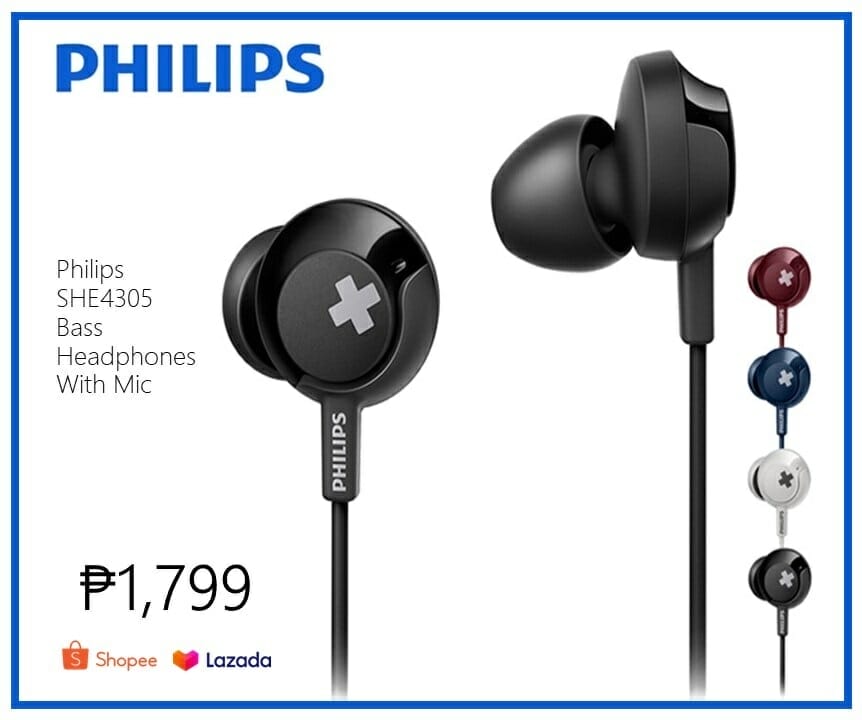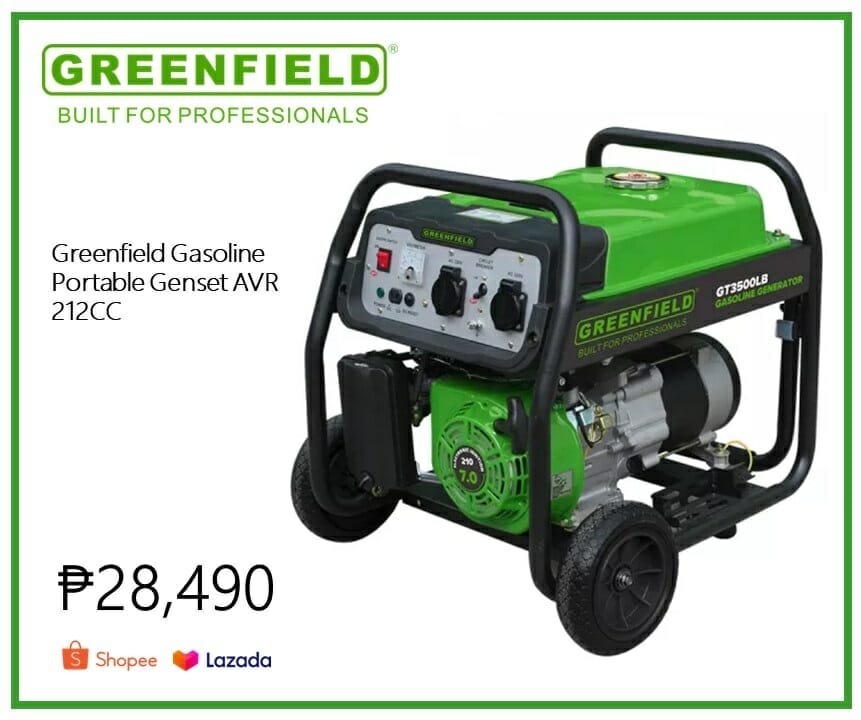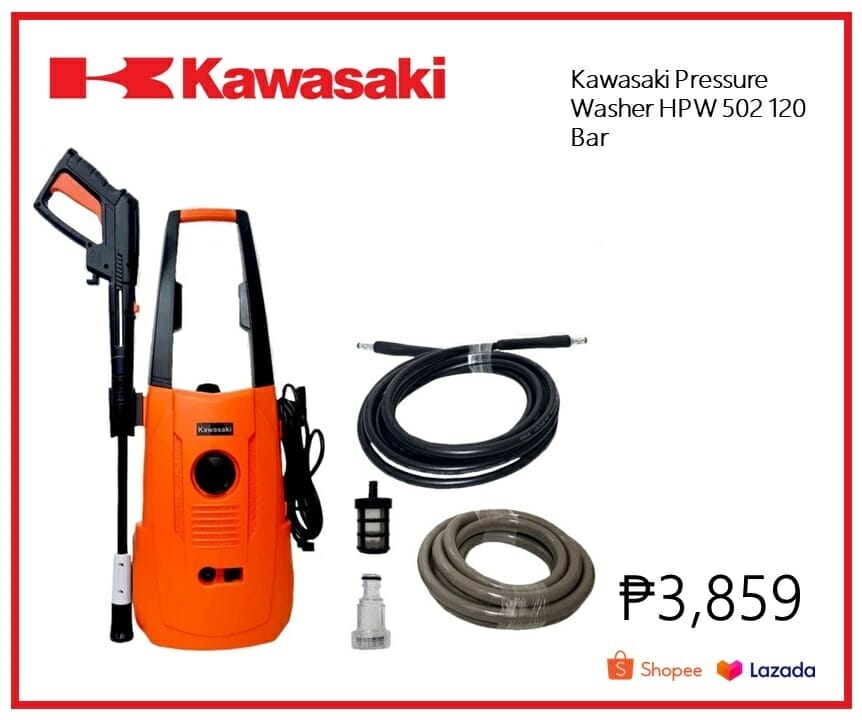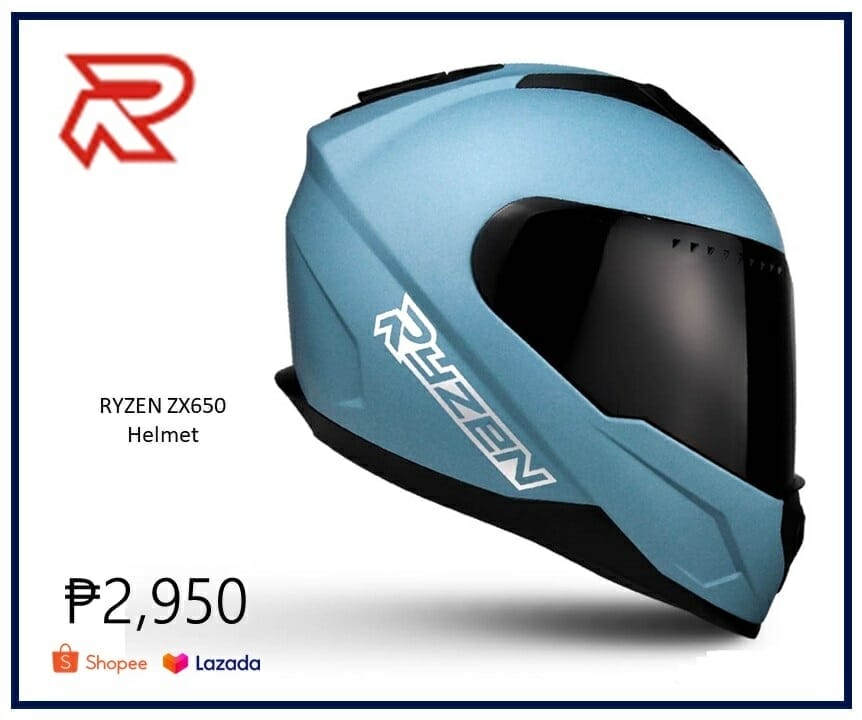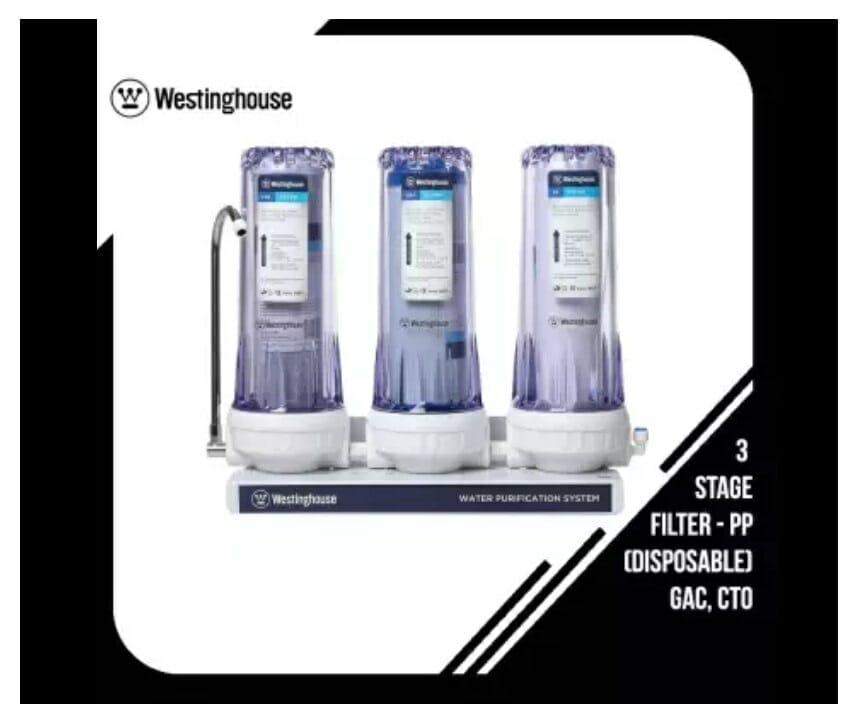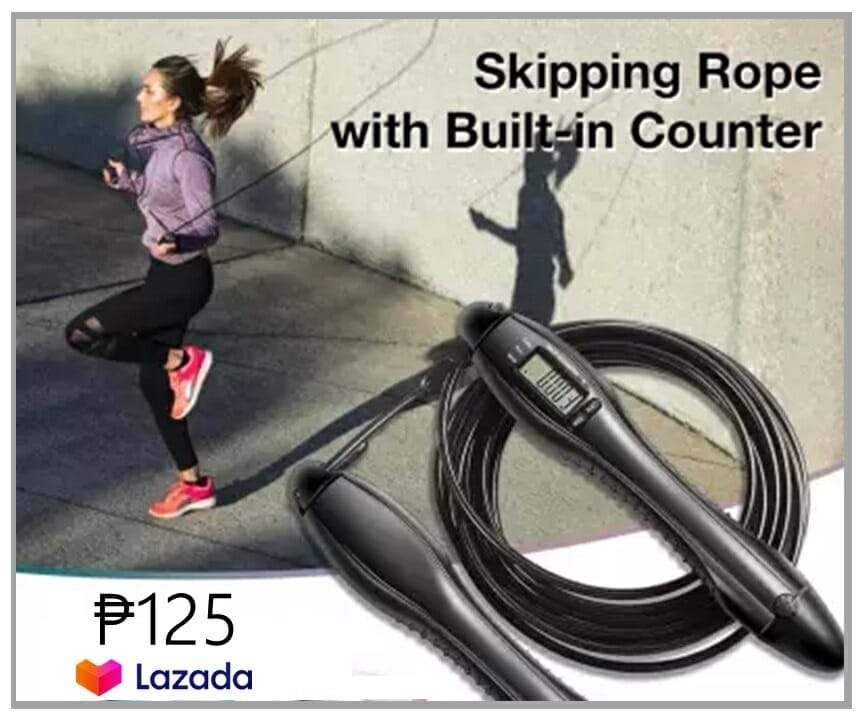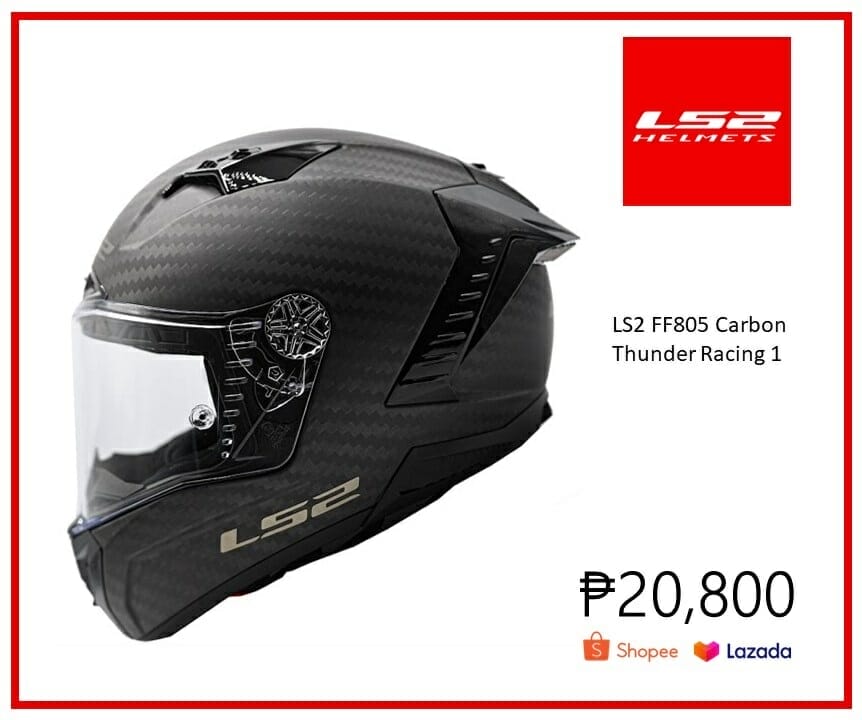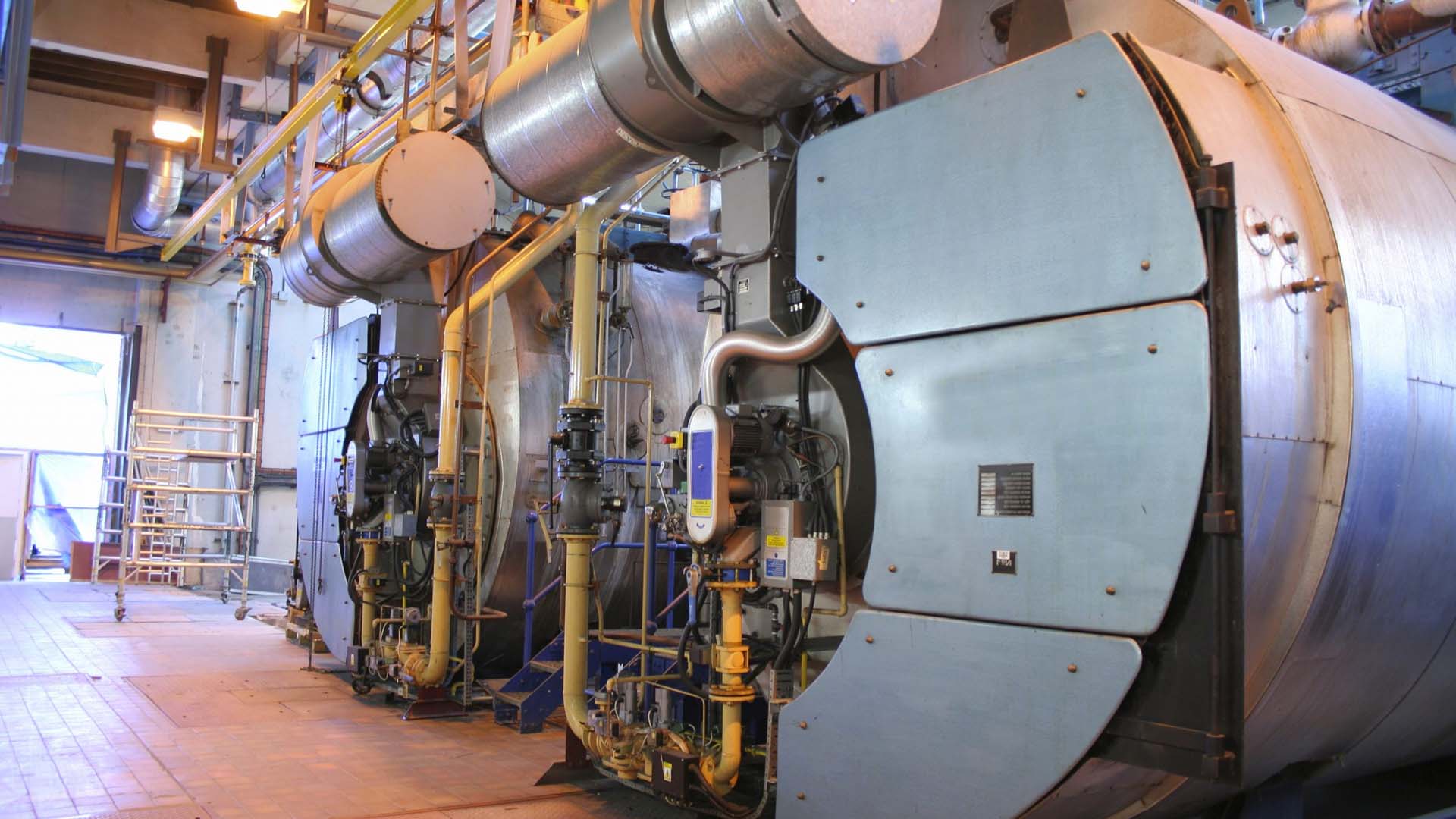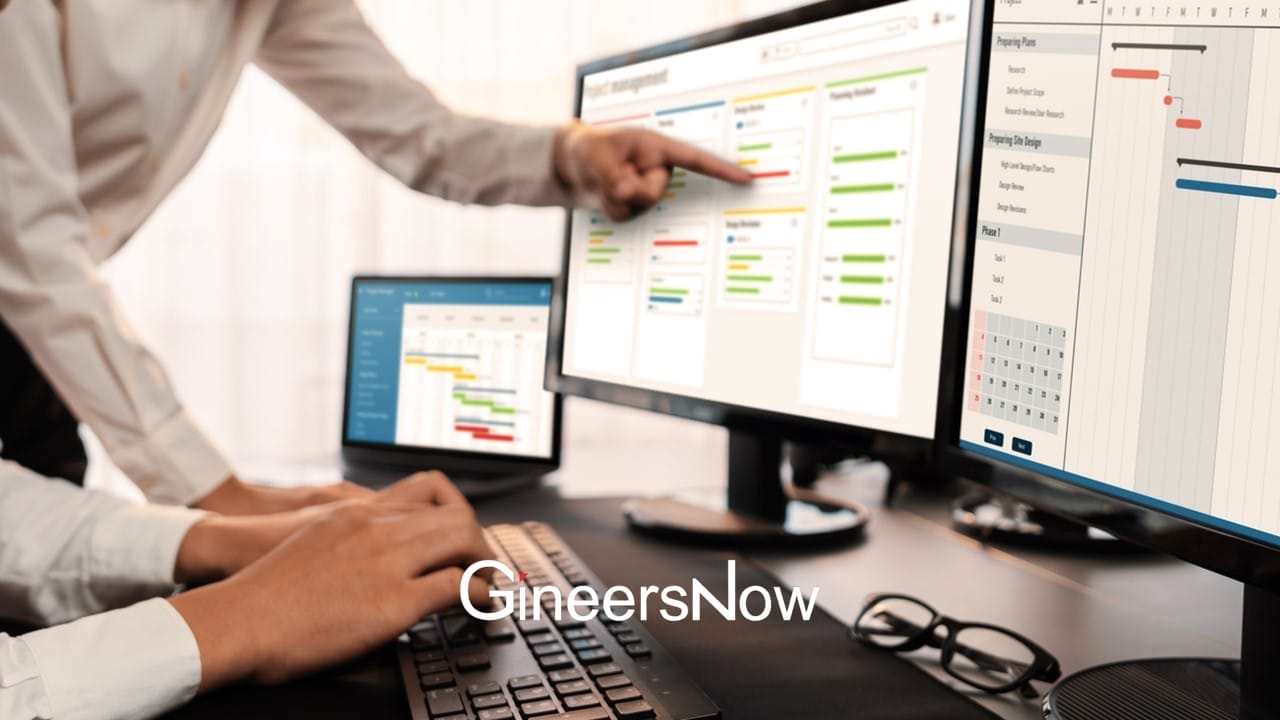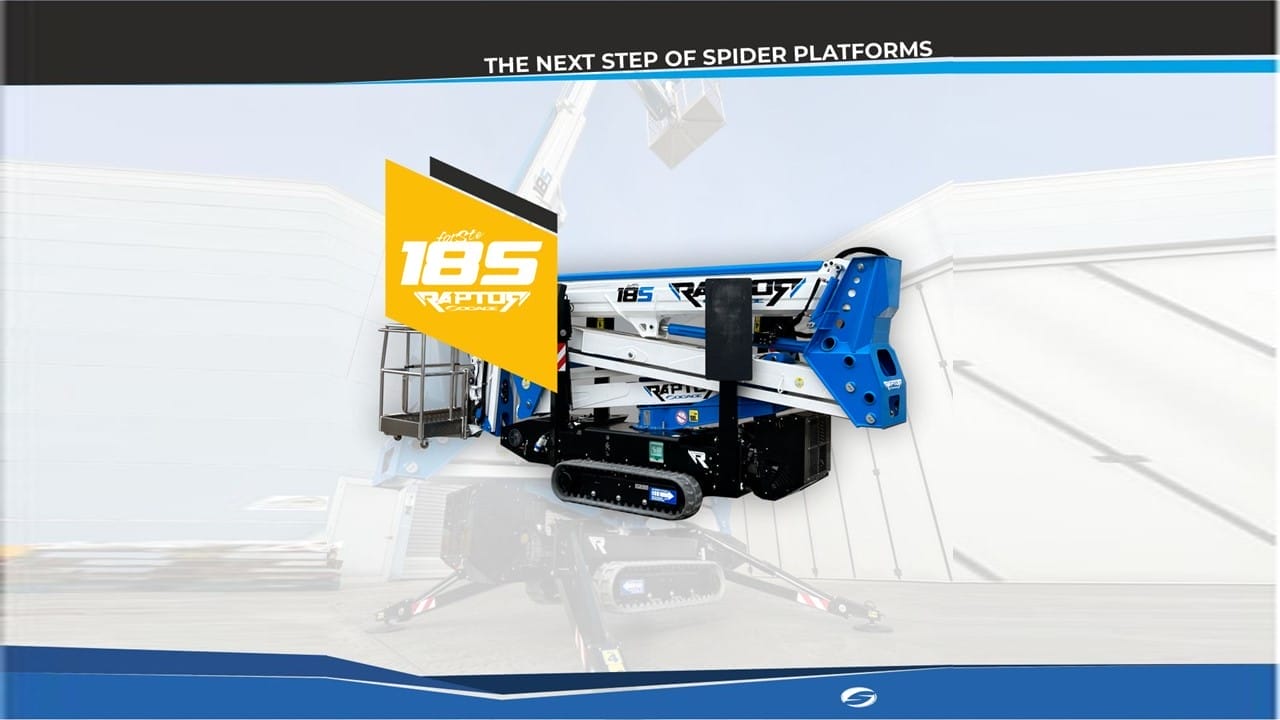Buying a Boiler
A boiler is an essential item in any home, providing hot water 24/7, even in the coldest months of the year. Like any item of technology, a boiler wears out and needs to be replaced periodically. When this happens, you may find yourself overwhelmed by the range of choices and options to consider.
Here are 5 key things to know when buying a boiler to make sure that you make the right choice. You don’t need to take a in order to know which boiler to buy. However, arming yourself with some essential knowledge will allow you to wade through the various options and choose the right boiler for your home.
1. Consult a Professional
When looking to buy a boiler, it is a good idea to consult an expert such as a boiler engineer or a gas engineer. Professionals have taken expert training such as a gas engineer course that arms them with specific knowledge to understand the technical specifications of the different boilers available.
There are different types of boilers and each is more suitable to various situations. A professional engineer will be able to tell you which is best for your needs. However, it is important to weigh this advice against your own opinions. Also, keep in mind whether the boiler engineer has an incentive to having you choose a particular model. For this reason, it is important know a little about boilers yourself to allow you to make an informed decision.
2. Know the Different Types of Boilers
In order to choose the right boiler for you it is essential to understand the different types that are available. There are three overall types of boilers: regular, system, and combination. A regular boiler has both hot water and cold water storage tanks. It heats the cold water and then stores it in the hot water tank, meaning that multiple showers or baths can be used at the same time. Unfortunately, these systems take up a lot of space, and the tank can run out, meaning you are out of hot water until the tank refills.
A system boiler heats hot water and then stores it in a hot water tank. This has the advantage that the hot water is stored and ready to go at any time. On the downside, the storage tank takes up space (though not as much as the two tanks in the regular boiler) and when the tank empties you can run out of hot water.
A combination, or combi boiler works by heating the water directly from the mains, and heats it only as needed, so does not store the hot water. They work fast and are cheaper to install than other boiler types, making them very popular. They are also much more efficient than older style boilers, however they only let you run one shower or bath at the same time.

3. Check the ERP
The ERP is the boiler’s Energy Related Product Directive, an official EU rating that tells you how energy efficient it is. The rating system ranges from A to G, with A being the most efficient and G the least efficient. G rated boilers have an energy efficiency of between 50% and 70% – these are generally older and out-dated boilers.
Boilers rated A have an efficiency of 90% or above. This efficiency is important because the more efficient your boiler is, the less energy it will require to heat, which can save you literally thousands of pounds in energy bills.
4. Determine the Size Your Need
Boilers can vary greatly in terms of size, both in terms of the heating and hot water capabilities of the boiler, and the physical size of the boiler. The former is important because this will determine how much hot water you have available before it runs out.
On the other hand, the size of the boiler itself is also critical because if it is too large you may not be able to fit it in your roof space. As mentioned, the type of the boiler affects the size: regular boilers are the largest, with a cold water tank and a hot water tank. The smallest are combination boilers, as they don’t have a storage tank.
5. Consider Maintenance
When choosing a boiler to buy, it is important to think about what will happen after you install it. After sales support and maintenance is critical when it comes to your boiler: there is nothing worse than being stuck without hot water, especially at the beginning of a bank holiday weekend! Before making a final decision, check the kind of after sales support that the manufacturer or vendor offers. The best provide technical, customer and emergency support every day of the year.



